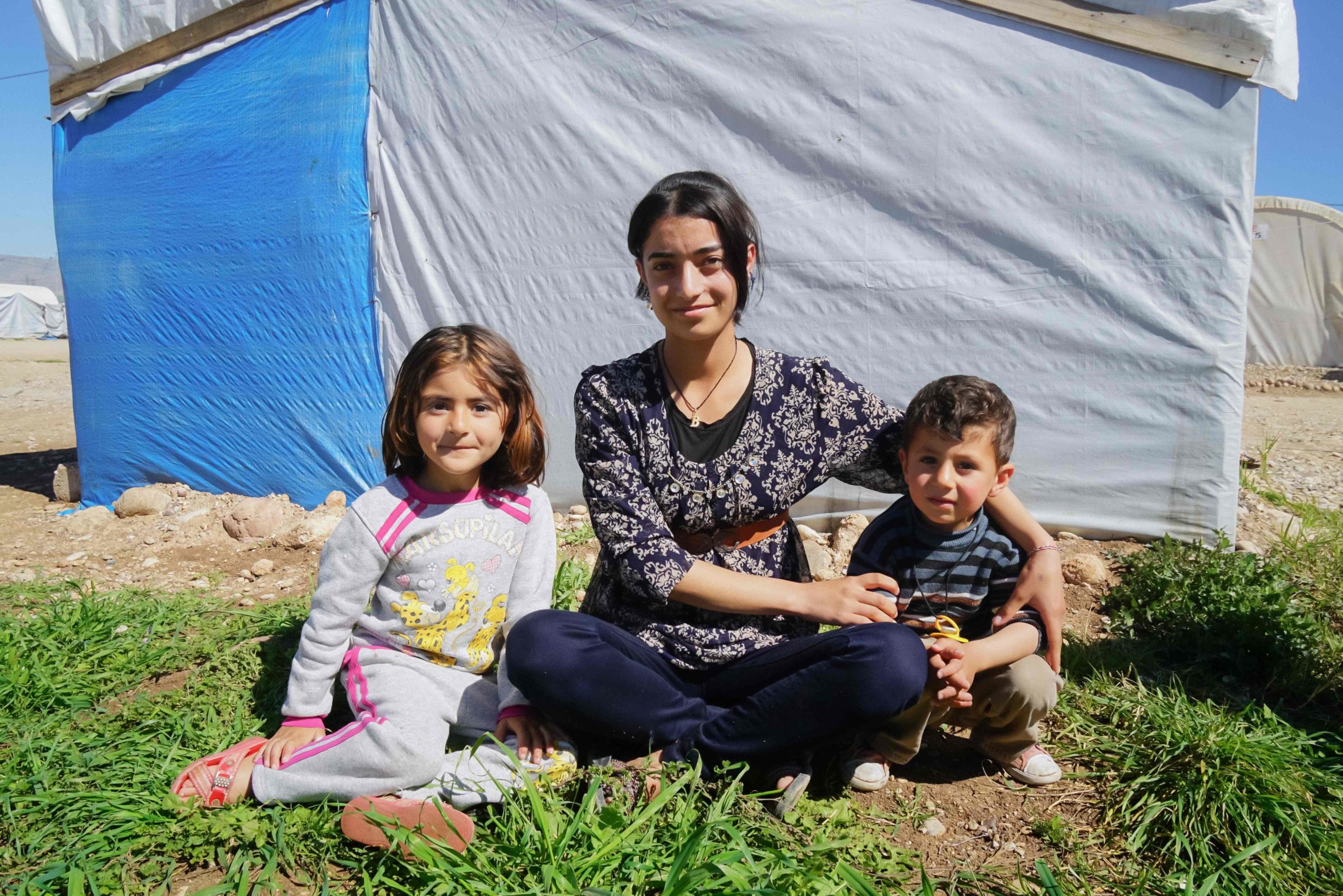
SEED Calls for Renewed Efforts to Fulfill Promises to Yezidi Survivors of ISIS
When passed on March 1, 2021, the Yezidi Survivors Law was widely recognized, both locally and internationally, as a groundbreaking piece of legislation and an important milestone in Iraq’s post-conflict recovery. This law represented the first legal recognition of the genocide committed by ISIS against the Yezidi, Christian, Turkmen, and Shabak communities in Iraq. It also provided a rare example of deliberate legislative action to mandate reparations for survivors of conflict related sexual violence (CRSV), a chronically under-reported and under-prosecuted subset of conflict crimes. As the rights and needs of survivors of CRSV are often neglected in the aftermath of conflict, passing this legislation elevated the standing of the Iraqi parliament on the international stage and established Iraqi lawmakers as leaders in prioritizing women’s needs and providing redress and remedy for survivors. Yet, despite this significant move by the government, one year later, survivors still await their reparations – some without shelter, suffering from severe trauma, and without answers as to where their missing loved ones are.
The Yezidi Survivors Law promises a number of reparation measures, both material and symbolic, for survivors of ISIS from the Yezidi, Christian, Turkmen, and Shabak communities. Material reparations include financial support via a monthly salary, residential land with a real estate loan or a free housing unit, a 2% quota in public sector employment, the right to return to education with no age restrictions or requirements, and the provision of medical and psychological care to facilitate rehabilitation and recovery. Symbolic reparations include formal recognition of the ISIS genocide, national commemoration of the atrocities committed against against these minority communities, and a governmental obligation to investigate and prosecute these crimes without general or special amnesty for perpetrators or a statute of limitations. With these reparations, the Yezidi Survivors Law aims to deliver comprehensive and long-awaited relief to survivors of ISIS, nearly 8 years after the conflict.
For the immense potential of the Yezidi Survivors Law to be realized, however, sufficient funding is needed to ensure that the institutions responsible for overseeing implementation are properly resourced and to guarantee the availability of promised benefits and services to eligible survivors. While some preliminary emergency funds were allocated in 2021 to establish the Directorate of Survivors Affairs, the financial support required to enable full implementation has not yet been earmarked in the Iraqi federal budget. Without a strong and sustainable source of funding, the Yezidi Survivors Law will remain an elusive dream, a series of empty promises beyond the reach of survivors.
During this transitional period, it is imperative that the incoming government demonstrate national unity and act in good faith to honor its commitments to survivors of ISIS. The Government of Iraq is obligated, under the Yezidi Survivors Law, to provide holistic reparations to survivors by ensuring their access to justice, protection, and support. This is a crucial responsibility, as many survivors continue to suffer from extensive, severe needs in the absence of adequate services and care. Humanitarian aid is diminishing, and the international community will be looking to the Government of Iraq to demonstrate accountability and leadership in providing for the continued recovery of its conflict-affected citizens. Prioritizing implementation of the Yezidi Survivors Law is essential for progress.
On the one year anniversary of its passage, SEED calls upon the Government of Iraq to honor its obligations to survivors under the Yezidi Survivors Law by allocating sufficient funding for its implementation in the 2022 federal budget. Funding the Yezidi Survivors Law is a key investment in the stability, security, and social cohesion of our country, and a symbolic demonstration of the vision and leadership required to secure a brighter future for all.
